
The study adds to our understanding of the processes behind anxiety-related disorders and reveals commonalities between anxiety and alcohol dependence.
A biological mechanism has been identified by researchers at Linköping University in Sweden that increases the strength with which fear memories are stored in the brain The research, conducted in rats, was published in the scientific journal Molecular Psychiatry. It provides new insights into the processes behind anxiety-related disorders and identified shared mechanisms of anxiety and alcohol dependence.
The ability to feel fear is critical for escaping life-threatening circumstances and learning how to avoid them in the future. However, in certain conditions, such as post-traumatic stress disorder (PTSD) and other disorders linked to anxiety, the fear reactions become excessive and continue even when they are no longer necessary. This causes intense anxiety even if no danger is present, resulting in disability for the individual afflicted. Researchers believe that some people are predisposed to developing pathological fears, which are caused by problems with how the brain processes fearful memories.
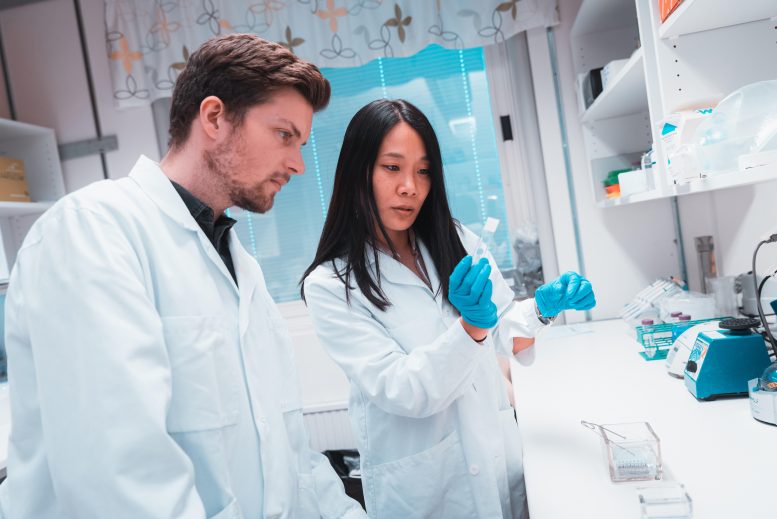
Researchers at Linköping University, including Riccardo Barchiesi and Estelle Barbier, have discovered a biological mechanism that increases the strength with which fear memories are stored in the brain. Credit: Anna Nilsen/Linköping University
Some brain regions are especially important for processing fear-related memories. When threatened, the amygdala is activated and collaborates with parts of the frontal brain lobes, known as the “prefrontal cortex,” which are critical for emotion regulation.
“We know that the network of nerve cells that connects the frontal lobes to the amygdala is involved in fear responses. The connections between these brain structures are altered in people with PTSD and other anxiety disorders,” says Estelle Barbier, assistant professor in the Center for Social and Affective Neuroscience (CSAN), and the Department of Biomedical and Clinical Sciences (BKV) at Linköping University, who led the study.
However, the molecular mechanisms involved have long remained unknown. The researchers in the current study have investigated a protein known as PRDM2, an epigenetic enzyme that suppresses the expression of many genes. The researchers have previously found that levels of PRDM2 are lower in alcohol dependence, and lead to exaggerated stress responses. In people, it is very common for alcohol dependence and anxiety-related conditions to be present at the same time, and the researchers suspect that this is caused by common mechanisms behind these conditions.
In order for new memories to last, they must be stabilized and preserved as long-term memories. This process is known as “consolidation”. The researchers in the current study have investigated the effects of reduced levels of PRDM2 on the way fear memories are processed.
“We have identified a mechanism in which increased activity in the network between the frontal lobes and the amygdala increases learned fear reactions. We show that down-regulation of PRDM2 increases the consolidation of fear-related memories,” says Estelle Barbier.
The researchers have also identified genes that are affected when the level of PRDM2 is reduced. It became clear that this resulted in an increase in the activity of nerve cells that connect the frontal lobes and the amygdala.
“Patients with anxiety disorders may benefit from treatments that weaken or erase fear memories. The biological mechanism that we have identified involves the down-regulation of PRDM2, and we currently do not have any way of increasing it. But the mechanism may be part of the explanation of why some individuals have a greater vulnerability to developing anxiety-related conditions. It may also explain why these conditions and alcohol dependence so often are present together,” says Estelle Barbier.
Reference: “An epigenetic mechanism for over-consolidation of fear memories” by Riccardo Barchiesi, Kanat Chanthongdee, Michele Petrella, Li Xu, Simon Söderholm, Esi Domi, Gaelle Augier, Andrea Coppola, Joost Wiskerke, Ilona Szczot, Ana Domi, Louise Adermark, Eric Augier, Claudio Cantù, Markus Heilig and Estelle Barbier, 21 September 2022, Molecular Psychiatry.
DOI: 10.1038/s41380-022-01758-6
The study was funded by the Swedish Research Council, Region Östergotland, Stiftelsen Psykiatriska Forskningsfonden, the Wallenberg Foundations, and the Knut och Alice Wallenberg Foundation.



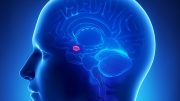
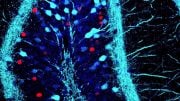
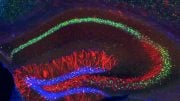
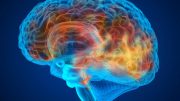

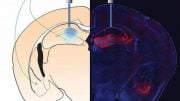
New Research Reveals How Fear Get Stuck in Brains
s/b New Research Reveals How Fear Gets Stuck in Brains
Thank you for your note. The article has been corrected.